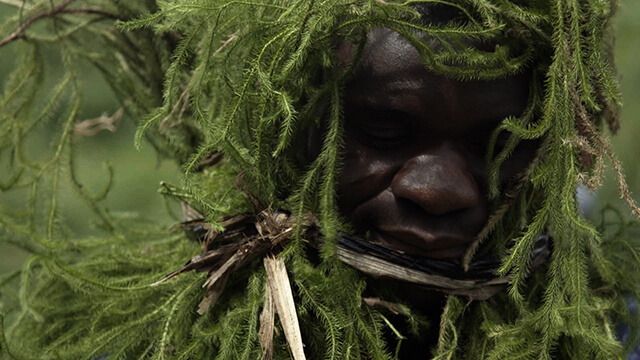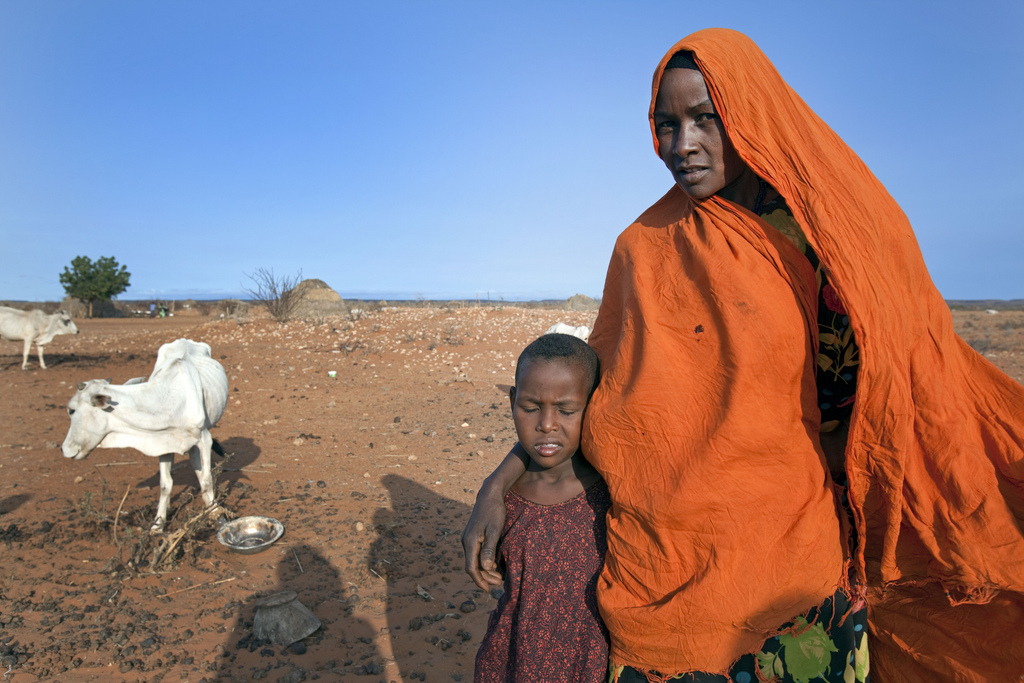Indigenous peoples in Uganda include former hunter/gatherer communities, such as the Benet and the Batwa, also known as Twa. They also include minority groups such as the Ik, the Karamojong and the Basongora who are not recognised specifically as indigenous peoples by the government.
The 1995 Constitution offers no express protection for indigenous peoples, but Article 32 places a mandatory duty on the state to take affirmative action in favour of groups that have been historically disadvantaged and discriminated against. This provision, which was initially designed and envisaged to deal with the historical disadvantages of children, people with disabilities and women, is the basic legal source of affirmative action in favour of indigenous peoples in Uganda. The Land Act of 1998 and the National Environment Statute of 1995 protect customary interests in land and traditional uses of forests. However, these laws also authorise the government to exclude human activities in any forest area by declaring it a protected forest, thus nullifying the customary land rights of indigenous peoples.
Uganda has never ratified ILO Convention No. 169, which guarantees the rights of indigenous and tribal peoples in independent states, and it was absent in the voting on the UN Declaration on the Rights of Indigenous Peoples (UNDRIP) in 2007.
International Work Group for Indigenous Affairs, The Indigenous World 2019



